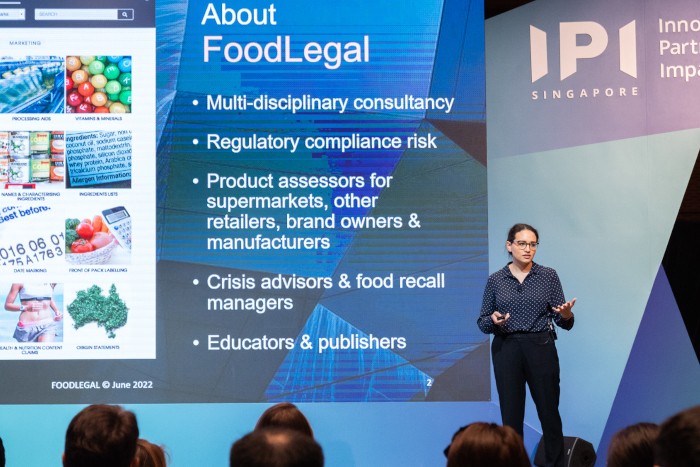FoodLegal can alleviate areas of stress for our clients, help manage pain-points, relieve bottlenecks in supply chains, manage risks, and streamline processes to get more products more quickly to customers.
Our consulting services, compliance risk mitigation support tools and training courses have been adapted to meet the changing market conditions and provide flexibility in meeting increased product demand.
Australia's premier periodical in food law and policy issues. It focuses specifically on analysis and commentary for regulatory compliance and the legal issues affecting food and food industry participants
free
A summary of regulatory updates across Australia and internationally, for the month of March 2026.
The use of new or functional ingredients can give your product a unique selling point and market advantage. However, innovative ingredients may be subject to regulatory hurdles, maximum limits or marketing restrictions. This article explores how Australia and New Zealand’s food regulatory framework applies to new or functional ingredients using two case studies involving green tea extract and magnesium, as well as the key questions we ask to help you reduce risk and achieve compliance. The use of new or functional ingredients can give your product a unique selling point and market advantage. However, innovative ingredients may be subject to regulatory hurdles, maximum limits or marketing restrictions. This article explores how Australia and New Zealand’s food regulatory framework applies to new or functional ingredients using two case studies involving green tea extract and magnesium, as well as the key questions we ask to help you reduce risk and achieve compliance. FoodLegal is running a 60-minute webinar on 1 April 2026. Learn how to harness functional ingredients in your product formulations and marketing without exposing yourself to unnecessary risk. Book here. This article features many of the questions that you will need to prepare to be answered. This article features many of the questions that you will need to prepare to be answered.
Food products must confirm with compositional and labelling requirements under the Australia New Zealand Food Standards Code (Food Standards Code). The choice of food classification greatly impacts the go-to-market strategy for innovative product ideas and concepts, as different classifications have different compositional and labelling requirements. This article examines various aspects of product classification and identity and how it can impact product names and descriptors.
Australia’s horticulture industry is worth AUD$18.3b, produces almost 7 million tons of produce and consists predominantly of small businesses, even though these businesses only contribute approximately 18% of industry revenue. Yet, the first question the Australian government poses in its review of the Horticulture Code of Conduct is: “Is the Horticulture Code still required?” This article explores whether the Horticulture Code of Conduct has truly reached its expiry date, or whether there are more appropriate protections for Australia’s horticulture industry.
SIGN UP NOW TO JOIN OUR FREE BULLETIN NEWSLETTER MAILING LIST FOR REGULAR UPDATES OR LEARN MORE ABOUT OUR SUBSCRIPTION OPTIONS TO ACCESS ALL BULLETIN ARTICLES TODAY
FoodLegal specialises in food law consultancy, compliance risk management, certification of product compliance integrity for food and beverage products and other allied products
We advise Australia's largest food companies, international brands, as well as small-to-medium sized enterprises and startups.
Our team of lawyers and consultants represent food manufacturers, importers, distributors, brand marketers, retailers, industry associations and groups.
We also work with clients from allied fields such as complementary medicines, life sciences, agribusiness and farmer-producers.
FoodLegal recognised by Australasian Lawyer as the Top Boutique Firm for 2024 in FMCG Law
Give your team a mastery of food compliance and risk management. Streamline your development and compliance processes with our legal and scientific hands-on experience. Dynamic, easy-to-understand legal commentary. All the benefits of having FoodLegal lawyers in-house.
At FoodLegal we believe that education is crucial to keeping your competitive edge.



